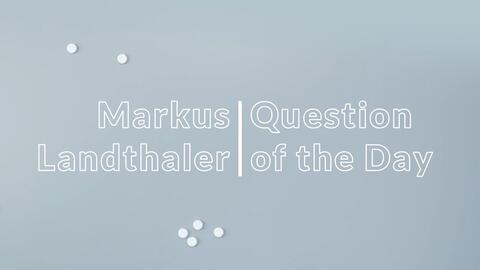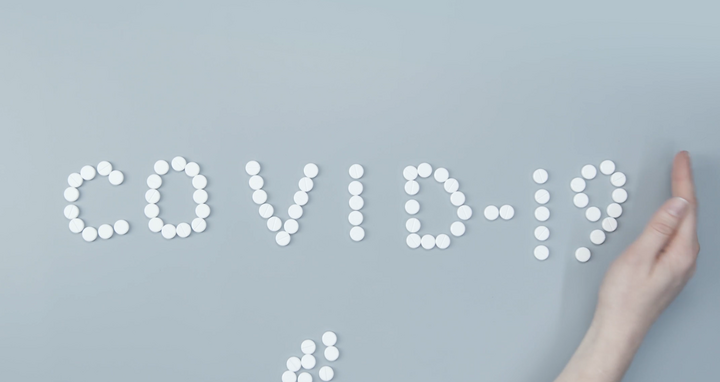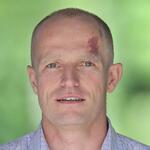📺 "We want to get involved in order to solve problems"

How can the MDC help in the current situation?
There are very fundamental questions that need to be answered at the moment. For example: How does the virus get into the cell? What does it do in the cell? How does it rebuild the gene expression in the cell? How does our body react to this? How active is the immune system against the virus? That’s where we offer our expertise - from biochemistry to molecular biology, cell biology, genetics and bioinformatics. Usually we deal with cardiovascular diseases, diseases of the nervous system and cancer. But we can shift our scientific expertise towards new issues. We are not a research institute for infectious diseases, so some things are just not possible. This is why we have teamed up with the Charité- Universitätsmedizin Berlin and the Robert Koch Institute.
Is the current situation any different from the regular routine?
We are in minimal operation. At the moment it is very quiet and only a few colleagues are walking down the corridors or are in the laboratories. Two thirds of my research group are sitting at home working on their doctoral theses or writing research results for publications. It would, of course, be nice if everyone was here and we could discuss projects in person. But at the moment safety and health is crucial for everyone.
Why are so many MDC groups joining corona research?
I was very surprised that so many laboratories agreed to participate and the number is increasing day by day. This is also due to the fact that many of us are personally and professionally affected by this situation. As scientists, we want to get involved in order to solve problems.
Which role do the authorities play in the research efforts?
Many of the protocols for working with patient material or inactivated viruses require certain guidelines. We have to submit protocols for biosafety and occupational safety, which must then be dealt with by the authorities. This is happening very quickly at the moment, for which we are very grateful.
How do the researchers within the MDC work together?
Luckily the laboratories at the MDC are well connected. We know what other groups are doing and can build internal collaborations quickly, allowing us to do parallel analysis.
Is there an entity collecting all the data worldwide?
It would be very helpful if the data were stored in the same way at a central location in order to make it accessible to the individual institutes again. To draw conclusions, it is better to have information on 10.000 patients than on 5 patients.
Why is it important to capture and compare as much data as possible?
It is not only about the viral disease. Many patients have had rare and spontaneous pre-existing medical conditions that are probably linked to SARS-CoV-2. Especially with the rare cases - spontaneous heart diseases or diseases of the nervous system – we are trying to increase the number of patients in order to draw meaningful conclusions.
What is your own lab working on?
We work together with the Institute of Virology at the Charité and offer our expertise in single cell sequencing. We are doing basic research to find out what effects SARS-CoV-1 and SARS-CoV-2 viruses have on human lung cells. The goal is to find out whether there is a small group of cells that behave differently than the others. It is possible that some cells start a program that keeps the virus in check and prevents it from multiplying effectively in the cell. In a second joint research model with the Charité and the Robert Koch Institute, we are working with organoids – these are somewhat more complex research models where cells grow in three-dimensional cultures. These organoids consist of different cells and therefore more similar to human organs than two-dimensional simple cell cultures.
What is your hope for the coming months?
Encouragingly, there is a lively exchange between scientists. Many make their reagents and cell lines available immediately or publish their data in online forums that are accessible to all. This makes it easy to keep a better overview of research efforts by other colleagues. I am confident that we might soon come up with more concrete answers.
What do you wish for corona research at the MDC?
I hope that we gain the first scientific data within the next few weeks – and not only from my laboratory. There are many labs that are currently working hard to be able to make a small contribution to this big puzzle that we won't solve alone. Maybe each one of us can add a little piece of the puzzle, that's the great hope.





